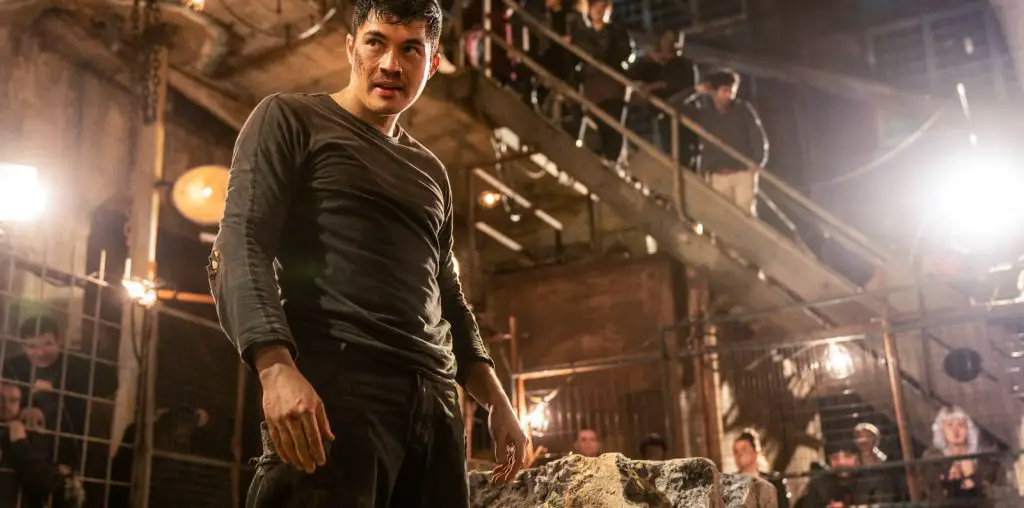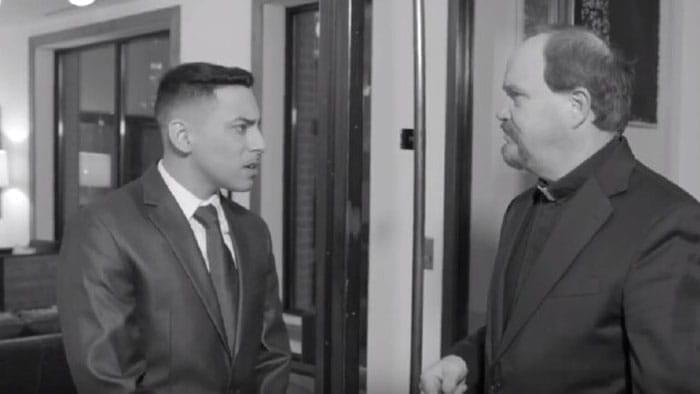
Sally Walton is a big fan of dreams.
Not the kind of dreams we all have at night, tucked away in our beds while our eyes do that weird, rapid-movement thing beneath our deeply-sleeping lids. Walton — an internationally popular lecturer and author, also a sought-after “Life Coach” — is an aficionado of those other dreams, the kind that occur while we’re awake, the ones we hold in our guts and carry in our hearts and think about all the time — but frequently lose hold of when our lives take turns in other directions.
Such stuff is at the heart of the inspirational new Disney film The Rookie, and that pretty much sums up why Walton loved it. The film stars Dennis Quaid as Jim Morris, a real-life, 35-year-old science teacher who gave up his dream of pitching Major League baseball after hurting his arm in the minors. After impulsively making a deal with the high school baseball team he coached-he agreed to try out for a major ball club if they won the Championship — Morris’ dreams were improbably resurrected, and he ended up pitching for the Tampa Bay Devil Rays, becoming the oldest Major League rookie in over 30 years.
“I don’t usually go to baseball movies,” admits Walton over dinner, shortly after catching an afternoon matinee of The Rookie. “But I am glad I saw it. It’s a remarkably moving film.” Walton (www.dancinggypsycoach.com) lives in Northern California, has been known to race sled dogs across Minnesota in her spare time, and is the author of several books including I Almost Slept Through My Dream Come True: Strategies of Staying Awake (Book Partners, 1997) and the brand-new Steps on the Way. As a professional life coach — think of a personal trainer who helps buff up your soul — Walton counsels clients who, like Morris, need the shock of a well-aimed cattle prod in order to get out and reclaim some of those faltering hopes and dreams.
“Dreams come true little bit by little bit,” says Walton. “Sometimes it happens by accident. Jim Morris had given up on his dream until — by accident — these kids woke him up, and he found himself pursuing those dreams again.” While plenty of us abandon some dream or other, Walton observes that what makes Jim Morris unique is what he did after his big league dreams were all snuffed out.
Says Walton, “He didn’t just give up and say, ‘Okay. I’m done. Now I’m going to have kids, and teach science, and coach the school baseball team. Yes, he did all those things, but he also went out there, however many nights a week, and he pitched balls at that chain-link fence. He kept at it, even when on the surface-to anyone you might have asked, including him-it wasn’t going to go anywhere. It wasn’t like he was going to get something out of it. He wasn’t practicing to get into the majors, or even to get back into the minors. He was pitching because he loved to pitch.”
“So because of that,” I cut in, “when his opportunity did come along, he was ready for it.”
“Exactly. That’s how dreams happen,” Walton says, her face evolving into a rather radiant beam. “Suddenly, one day, your team says, ‘Hey, if we win, will you try out?’ and you’re already there, because you’ve been pitching against a fence every night for no reason. You’ve been working toward it all your life. Now the environment that you’ve created is setting you up to succeed.
“So, what about you?” Walton suddenly asks, stabbing at her salad as she looks me square in the eye. “What are the dreams that you haven’t allowed yourself to pursue?”
Ouch. So this is what a life coach does. After a few moments during which I list such ancient fantasies as watching a movie with the Dalai Lama and one-day directing edgy independent movies about life and death and coffin salesmen — a confession she actually remembers, calling me two days later to mention an upcoming workshop for independent filmmakers — I ask what parts of The Rookie best illustrate the importance of keeping our dreams alive.
“Well, for me,” Walton says, “the most telling moment was right after Morris and his wife (Rachel Griffiths) had argued about whether — after he’d gone and taken a chance, and been offered a job in the minors — he should quit his job, and go play baseball, for almost no money — and she’d said, ‘You shouldn’t go. We’ve got kids, we’ve got bills to pay.’ She goes to tuck the kids in, and when she comes back out on the porch he says, ‘You’re right. I’m not going to go.’ The grim, miserable expression on his face as he says that is so telling. It was an okay decision to give up the dream. He was giving it up for his kids, for his family. He had all the right motivations. But it was obvious that he would always be miserable, just like he’d obviously been miserable for at least twenty years.”
“So when she says, ‘I’ve changed my mind. You need to go,’ and he begins to shift over, and finally says, ‘Okay. I’ll go do this,’ you can see the change on his face. His face comes alive for the first time in the movie.
“So many people say, ‘Oh, it’s too late for me,'” Walton continues. “And, yes, maybe some things are too late-and then the question is, ‘So what’s your next dream?’ — but sometimes people just make excuses for themselves when they say that it’s too late. This movie — based on a true story — should give hope to anyone who thinks it’s too late for their dreams. I hope when people walk out of this movie they say, ‘That guy did it. So maybe it’s not too late for me.”
____________________________________________________________
Writer David Templeton takes interesting people to the movies in his ongoing quest for the ultimate post-film conversation. This is not a review; rather, it’s a freewheeling, tangential discussion of art, alternative ideas, and popular culture.
Check out FILMTHREAT.com’s FEATURE ARCHIVES and read more insightful stories, expert analysis, gut-busting satire and caustic commentary!

